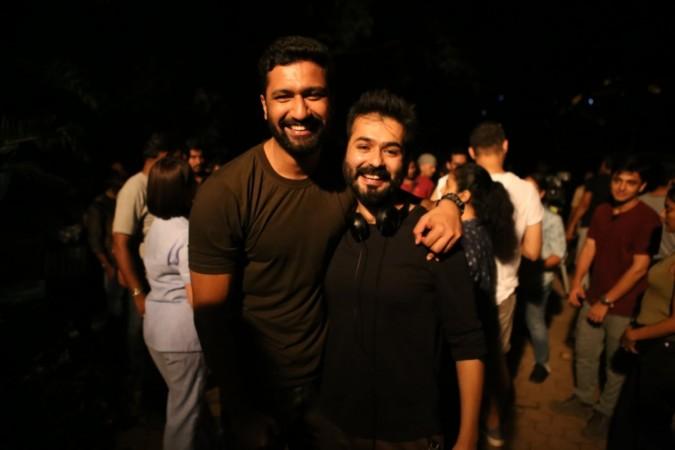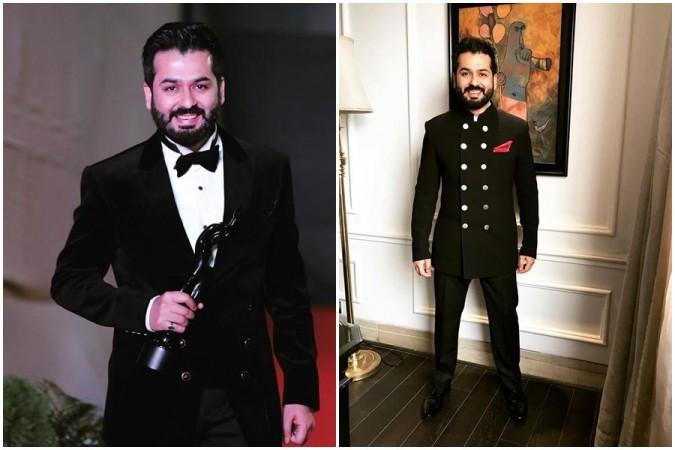Filmmaker Aditya Dhar, who was given a National Award for his debut directorial feature "Uri: The Surgical Strike", says his film never intended to offend anyone, although it has been accused of jingoism by many. Catering to a large, inclusive audience is the purpose of his filmmaking, he adds.

The 2019 blockbuster "Uri" made over Rs 340 crore at the box-office, and also won its hero Vicky Kaushal a National Award as Best Actor.
Validation of its Quality
Aditya considers the film's blockbuster show among the masses as a validation of its quality. "If a major section of the audience disliked the film or if they had disagreed with what has shown in the film, they would not have repeatedly come in the theatre to watch the film. We would have not made the money at the box office that we did if there wasn't any repeat audience. That means as a storyteller I managed to evoke the emotion and connection with the audience," he told IANS.
"At the same time, it is also true that no matter which film we make, a section of the society or film critics might just criticise -- and rightfully so, because we are living in a democracy and everyone has a right to an opinion," he felt.

The film is based on the 2016 surgical strikes by the Indian Army, in retaliation to the terrorist attack planned and executed by Jaish-e-Mohammad.
However, the director says that if sections of the audience felt portions of the film were jingoistic within in the overall message of the film, the idea certainly was not to offend or hurt anyone.
The line Between Being Patriotic and Jingoistic
"I understand when a section of people specify certain dialogues et cetera, but I just stayed close to reality without bringing down anything. When Army officers motivate their soldiers they talk in a certain manner... those dialogues like 'Unhe Kashmir chahiye aur humhe unka sarr' were close to reality. That is how they talk. At times it is tough to draw the line between being patriotic and jingoistic. In fact, the audience draws the line, I as a storyteller, stay close to reality," Aditya said.
Does the criticism of his debut film make him conscious on moral messaging in his future film? "Even in future, as a storyteller my intention will always be to cater to an inclusive and large audience before sending a moral message. I will make sure it does not offend anyone -- community, culture or religion. I will try and do that, but trying is a constant process, always work in progress," said the director who is busy writing his next, "The Immortal? Ashwatthama".


!['Had denied Housefull franchise as they wanted me to wear a bikini': Tia Bajpai on turning down bold scripts [Exclusive] 'Had denied Housefull franchise as they wanted me to wear a bikini': Tia Bajpai on turning down bold scripts [Exclusive]](https://data1.ibtimes.co.in/en/full/806605/had-denied-housefull-franchise-they-wanted-me-wear-bikini-tia-bajpai-turning-down-bold.png?w=220&h=135&l=50&t=40)











!['Had denied Housefull franchise as they wanted me to wear a bikini': Tia Bajpai on turning down bold scripts [Exclusive]](https://data1.ibtimes.co.in/en/full/806605/had-denied-housefull-franchise-they-wanted-me-wear-bikini-tia-bajpai-turning-down-bold.png?w=220&h=135)


![Nayanthara and Dhanush ignore each other as they attend wedding amid feud over Nayanthara's Netflix documentary row [Watch]](https://data1.ibtimes.co.in/en/full/806599/nayanthara-dhanush-ignore-each-other-they-attend-wedding-amid-feud-over-nayantharas-netflix.jpg?w=220&h=135)